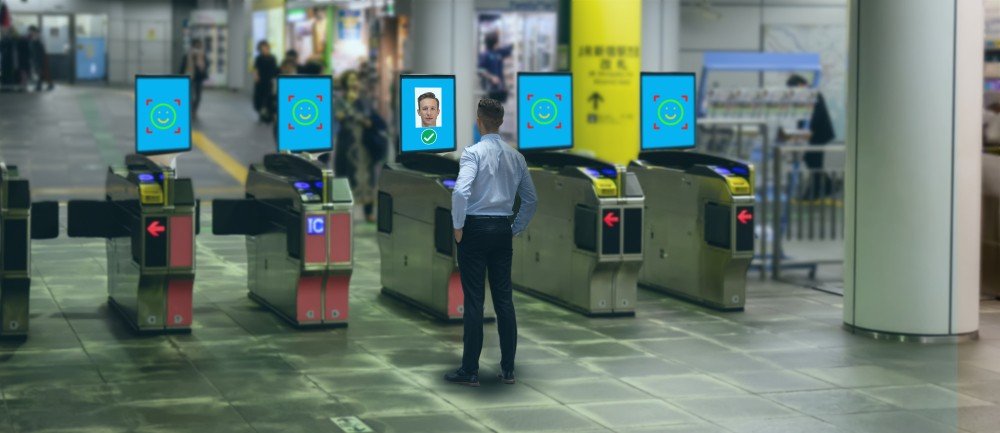The use of artificial intelligence (AI) for predictive analysis helps organizations in forecasting future outcomes based on historical data, thereby improving the efficiency and outcomes of operations.
Predictive analytics is the use of data, statistical algorithms, and machine learning techniques to identify the likelihood of future outcomes based on historical data. It helps organizations assess what can happen in the future based on the available information, and empower them to make better decisions. Predictive analysis can further be improved by incorporating advanced technologies like artificial intelligence. Today, predictive analysis finds application in almost every industry. In this blog, we will focus on three major sectors, viz., healthcare, education, and e-commerce, and how the use of AI for predictive analysis can benefit them.
Sectors that Can Benefit from Using AI for Predictive Analysis
The use of AI for predictive analytics proves beneficial for a wide range of sectors and industries. Here’s a look at how it will transform major sectors such as healthcare, education, and e-commerce.
Healthcare
Predictive analytics with AI has multiple applications in the healthcare industry. Predictive analysis can help in the early diagnosis and prognosis of diseases in individuals. Based on historical medical records, a predictive analytical AI tool can help diagnose diseases with higher accuracy. Similarly, it can help doctors determine the best mode of treatment for individuals and pave the way for precision medicine. Additionally, the use of AI in predictive analytics can help prevent suicides and incidents of self-harm. A predictive AI tool can analyze previous suicide attempts, psychiatric medication cycles, and drug abuse cases of individuals and help in predicting future such instances. Thus, it can help save potential lives as such individuals can be counseled before they take any extreme step. The healthcare supply chain, too, will benefit heavily from the use of predictive analytics and AI. An analytical solution can help hospitals stock up medicines based on demand history. It also helps cut down on unnecessary expenses and stockpiles.
Education
AI-powered predictive analytics can be used to monitor students’ focus and attention during lectures. It can help assess whether a pupil is disengaged during a lecture. This can help predict the future behavior of the student for similar lectures. Teachers can, therefore, counsel such students at an early stage to motivate them. If a large section of students seems disengaged in a particular class, adaptive learning methods can be employed to bridge the learning gap and improve students’ engagement in the classroom.
E-Commerce
The e-Commerce market is going to be one of the biggest beneficiaries of AI and predictive analytics. An analytical tool can be used to analyze a customer’s searches and buying history. Based on this data, the customer can be provided with product recommendations, which has a high chance of sales conversion. Similarly, the tool can also help in understanding the marketing method preferred by the customer. For instance, a customer may prefer watching videos about new products rather than a photo description or text notification. Hence, the individual can be shown only video advertisements about future products.
Predictive analytics is transforming multiple sectors and in big ways. Having a predictive analytics solution has become necessary if organizations need to iron out efficiencies in their operations and better plan for the future. And the addition of AI for predictive analysis is like icing on the cake. It’s like having a crystal ball that can help you not only predict the future but also shape it the way you want it to be.




Leave your comments
Post comment as a guest